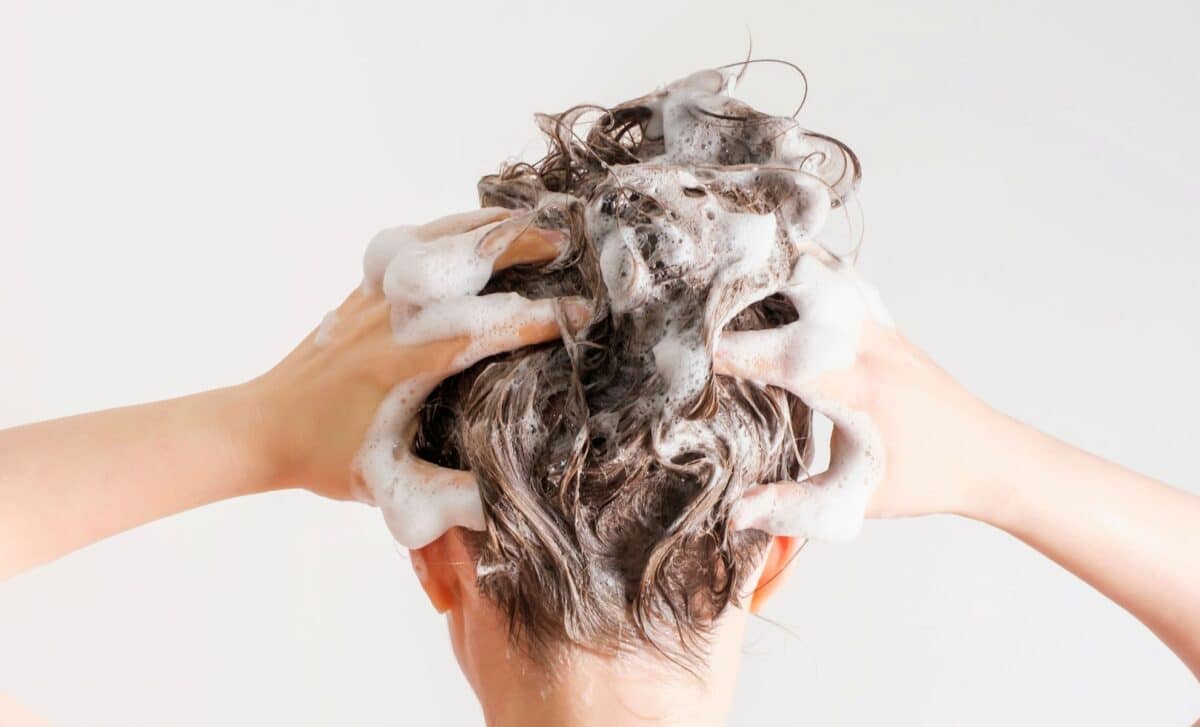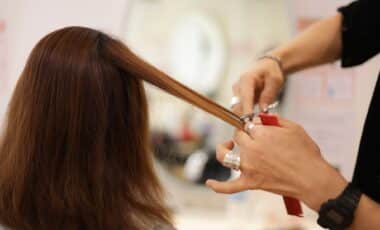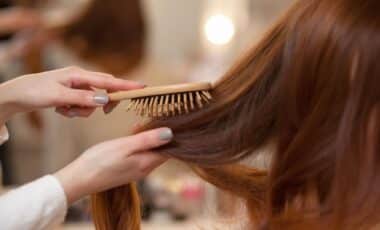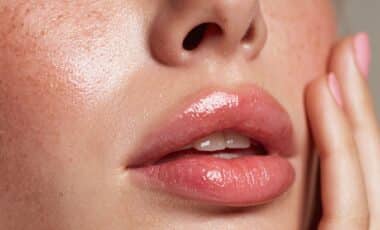Are you washing your hair the wrong way? The ideal washing frequency isn’t what you think—it varies wildly based on your hair type, scalp condition, and lifestyle. Find out the expert secrets that could finally unlock your best hair ever!
The Exact Hair Washing Schedule Your Hair Type Demands
Hair characteristics such as texture, thickness, and oiliness play a central role in determining how often you should wash your hair. Dermatologists recommend different washing schedules based on these factors, as the scalp’s production of sebum varies greatly.
For people with fine, thin, or oily hair, washing every day or every other day is generally advised. Fine hair tends to get greasy faster because sebum spreads more rapidly. For those with an oily scalp but who prefer to avoid daily shampooing, a specialized anti-dandruff shampoo can help regulate excess oil and extend the time between washes without compromising cleanliness.
On the other hand, individuals with dry or medium-textured hair benefit from washing less frequently—typically every two to three days. Washing too often can strip away natural oils that are essential for shine and protection. Using sulfate-free shampoos is recommended for this hair type because they are gentler on the hair fiber. Between washes, a simple water rinse or conditioning treatment on the ends can maintain hair health without excessive shampoo use.
“It’s important to remember that shampoo should be applied to the scalp and conditioner should be applied to the ends of your hair,” said dermatologist Dr. Khetarpal. Those with thick or curly hair may only need to wash once or twice a week. Natural oils take longer to travel along the hair shaft, meaning the scalp remains less greasy for an extended period.
Anti-Aging Skincare: Say Goodbye to Aging Skin with Proven Natural Solutions
These Everyday Habits Are Secretly Sabotaging Your Hair Health
Your daily activities significantly influence how frequently you should wash your hair. People who exercise frequently, sweat a lot, or use hair styling products such as gels and sprays may require more frequent washing to remove buildup and prevent scalp irritation.
For those aiming to reduce shampoo use while keeping hair fresh, dry shampoo offers a convenient solution. Applied at the roots, it absorbs excess oil and leaves hair feeling lighter and cleaner between washes. This product is especially useful for busy schedules or when washing hair daily is not practical.
Also, it is essential to avoid going to bed with wet hair, as this habit can promote hair breakage, bacterial growth on pillows, and long-term scalp weakening.
Signals from your hair about your health
Sudden changes in hair appearance, such as increased dullness, brittleness, or hair loss, may indicate underlying health issues. Hormonal imbalances and nutritional deficiencies often manifest through changes in hair quality and scalp condition. Monitoring these signs can provide early warnings, prompting consultation with healthcare professionals.
Stress also plays a notable role in hair health. For instance, unexpected premature graying can be linked to stress levels. Managing stress effectively can positively influence scalp and hair condition.
Adjusting your washing habits based on these guidelines from dermatologists and hair experts ensures your hair stays clean, nourished, and resilient.







